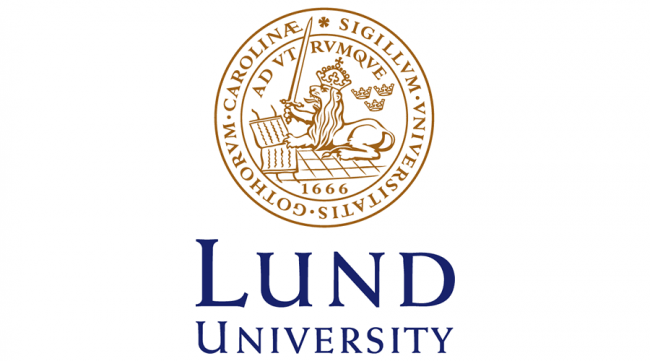safer thursday webinar: host lund university
The SAFER Thursday webinar on 21/10 is hosted by ‘Traffic Safety & Behaviour’ research group from Lund University. The group consists of 4 senior researchers and currently just one PhD student (area to be improved). The group major interest is design and evaluation of road infrastructure measures that promote safe and smooth interactions in traffic. The methods employed are behavioural and traffic conflict observations (in real-world and simulated environments), accident modelling, road safety audit and inspection. Since 2020, we have been working, together with TU Delft and ICTCT, on setting up the ‘Traffic Safety Research: an interdisciplinary journal’, which was finally launched just a couple of month ago (www.tsr.international).
_____________________________________________________________________________________________________________________________________
Surrogate measures of safety / Video analysis for traffic applications
Speaker: Aliaksei Laureshyn, PhD, reader in Traffic Safety
The first traffic conflict study in Lund was performed in early 1970s. Since then, the method has gone through major evolution both theoretically and practically, with several generations of researchers involved and almost a dozen of PhD theses written on the subject. A major milestone occurred around 2000 when a large-scale co-operation with the Computer Vision and Machine Learning research group was initiated. In this presentation we will talk about the current state-of-the-art and future perspectives for the traffic conflict method and the role of video analysis and other emerging data collection tools, illustrated with practical examples from various projects.
Virtual reality in safety research
Speaker: Carmelo D’Agostino, PhD
Introduction of autonomous vehicles in traffic, as well as shift in mentality from reactive to pro-active safety assessment, requires new tools and methods. One promising solution is Virtual Reality (VR), which allows studying situations that otherwise cannot be tested or observed in the real world. Application of VR for safety research is relatively new, with many questions, challenges and unexplored areas. Motion sickness experienced by a high share of participants, level of details necessary for ‘realistic’ representation of the studied scenarios, transferability of the observations from VR to the real world are a few to mention.
In 2021, our group initiated the creation of VR Traffic Safety hub. A SAFER pilot project joined several research and industry partners with the goal to formulate the research agenda and directions for how it should develop. The presentation will show some of the ideas that came out of this co-operation.
Autobus - evaluation of autonomous busses in mixed traffic environment in Norway
Speaker: Carl Johnsson, PhD
Since 2018, several Norwegian cities (incl. Oslo, Forus and Kongsberg) initiated pilots of self-driving busses in real-life mixed-traffic environments. Our group (as a part of a bigger international consortium) participated in the evaluation of these tests, contributing with video recordings and analysis of the interactions from video. Though the busses drove very slowly (12 km/h) and in general extremely defensively, it was found out that these deviation from the normal traffic ‘rhythm’ becomes a source of irritation for other road users and cause aggressive and sometimes unsafe overtakings and other reactions. These and other findings from the project will be presented and illustrated with video clips.
Welcome!
_____________________________________________________________________________________
This seminar is only open for SAFER partners. Missing your invitation? Please contact Mikael von Redlich.

